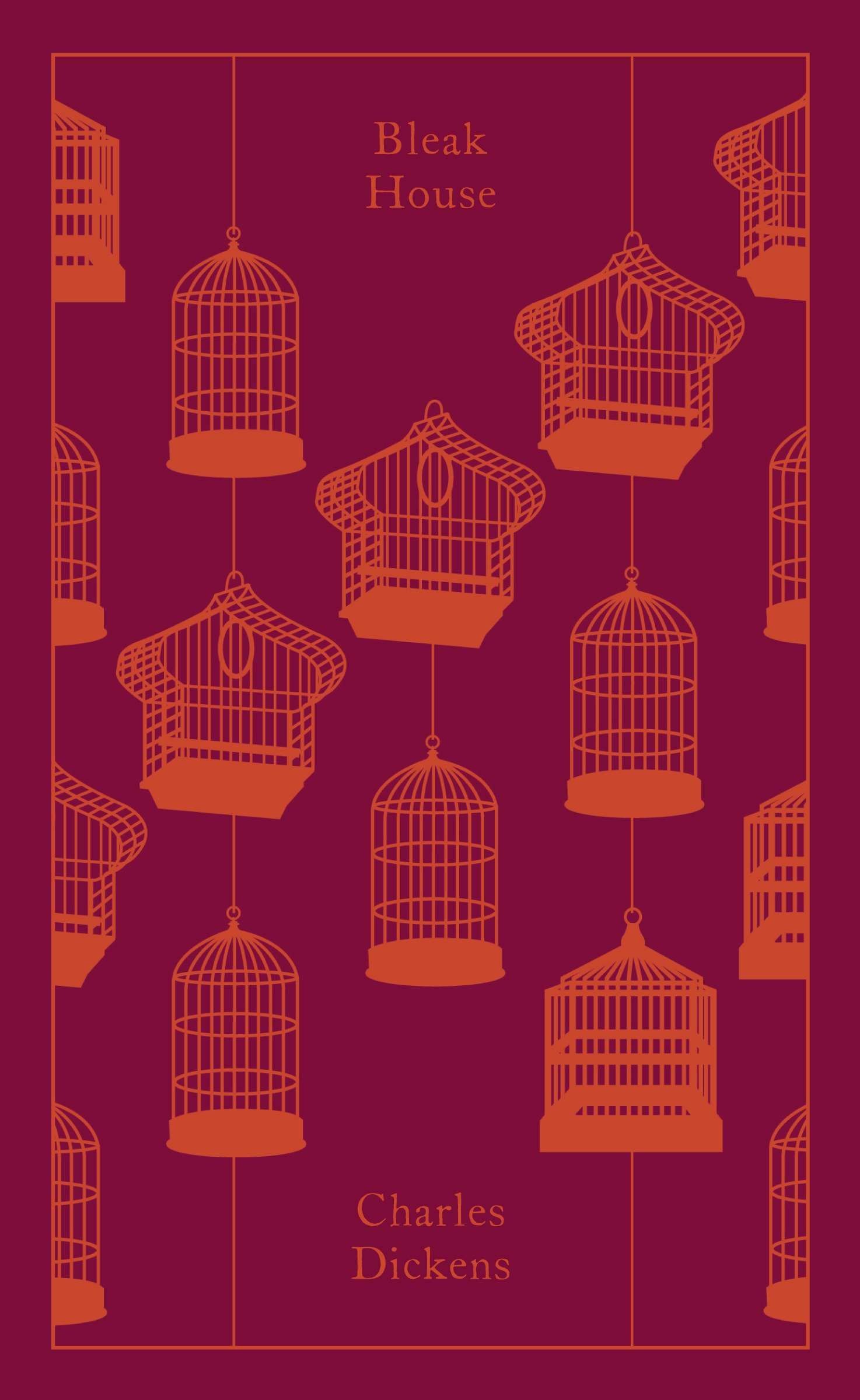Abraham Nussbaum
Physician, Teacher, Writer
The Reading Cure
People sometimes confuse psychics and psychiatrists. Shrinks can’t read minds; we read books. A few years ago, I left social media and resumed reading. Reading builds resiliency and the ability to form therapeutic alliances. Here are some books about doctoring that I have been reading lately:
-

Bleak House, Charles Dickens
Dickens exhausts–989 pages–and combusts. He begins with a consuming fog– the miasmatic chancery– and his characters are gradually consumed by the case or extricate themselves from it. Esther Summerson is Dickens’s great female narrator, but for medicine, Allan Woodcourt is the great physician who cares for the poor. “There were two classes of charitable people:…
-
Mind Fixers, Anne Harrington
Insulin comas, ice-pick lobotomies, and involuntary sterilizations– much of psychiatry’s history is cringe-worthy. Harrington fluidly summarizes the rising and dashing of psychiatry’s biological hopes. She leans too much on institutional figures on the way up and the way down (Insel and Frances, really?), but no one else has written this history with such scope. Her…
-
The Protest Psychosis, Jonathan M. Metzl
Peaceful protests have long been pathologized. Metzl, a psychiatrist and anthropologist, uses careful analysis of hospital records to show how schizophrenia was racialized and gendered. Black men were pathologized by psychiatry. “…psychiatrists should remain continually aware of how social contexts, historical moments, and violent structures shape perceptions of psychiatric reality.” Amen!
-
A Way of Life, Judith Farquhar
Diagnosis is a way of knowing. Steeped in biomedicine, I am accustomed to knowing disease as separate from the patient. Farquhar introduces Traditional Chinese Medicine as an alternative way of knowing where medicine is thought, where diagnoses are embodied, and where treatments bring every “discomfort and worry brought by the sufferer” into its “responsive web…
-
Hidden Valley Road, Robert Kolker
This one hits close to home. Large Catholic family in Colorado Springs with a history of mental illness? I can relate. The Galvin family is a generation older than mine and the story is far larger. Twelve kids, six with schizophrenia. Two parents, both with problems. Kolker makes this a human story and a medical…
-
Thieves of Virtue, Tom Koch
Why do we not have enough testing? Ventilators? Contract tracing networks? Koch, a physician and provocateur, exposes our bioethics of scarcity as serving neoliberal needs instead of patient priorities. If bioethics was focused on flourishing instead of rationing, we would not be in this hot mess.
-
Hippocrates Vol II
In pandemic time, we get back to the essentials. Our leaders should have remembered that: It is also necessary promptly to recognize the assaults of the endemic diseases… Hippocrates is the O.G. physician aphorist. Many are physicians by repute, very few are such in reality. The humours may be outmoded, but his bedside manner is…
-
Epidemics and Society, Frank M. Snowden
Epidemics exploit public health vulnerabilities so, Snowden argues, every society gets the epidemic it deserves. When health is a commodity, you get a pandemic which is spread by the affluent while its costs are borne by the indigent. Devastating.
-
Your Love Alone Is Not Enough, Richard Froude
There are amazing folks everywhere in the hospital. One of them, a psych resident, gave me a copy of his “novel in ruins.” A pandemic proved to be right time to read it, because it is written in pandemic time: fragmented, intense, elegiac, and probing right down to the nub of things. We are living…
-
Oliver Twist, Charles Dickens
Epidemics shape societies. Epidemics shape our stories. Early Dickens opposed sanitary reform, so Oliver and his compatriots are victims of public health reformers. They live under the New Poor Law and the gallows. Dickens will change his mind, but Oliver’s story remain his most vivid tale of how the vulnerable suffer at the hands of…
-
The Theology of Liberalism, Eric Nelson
What do we deserve? What do we owe each other? Dissatisfied with current answers, Nelson excavates a lost argument– Pelagianism!– to show the poverty of our discussions. Today’s conversations about redistribution and reparations benefit from the past lessons. Here is a dissertation I’d like to read: translating these arguments into health equity frameworks.
-
Make It Scream, Make It Burn, Leslie Jamison
Read @lsjamison one morning before rounds– “This is how we light the stars, again and again: by showing up with our ordinary, difficult bodies, when other ordinary, difficult bodies might need us. Which is the point–the again-and-again of it. You never get to live the wisdom just once, rise to the occasion of otherness just…